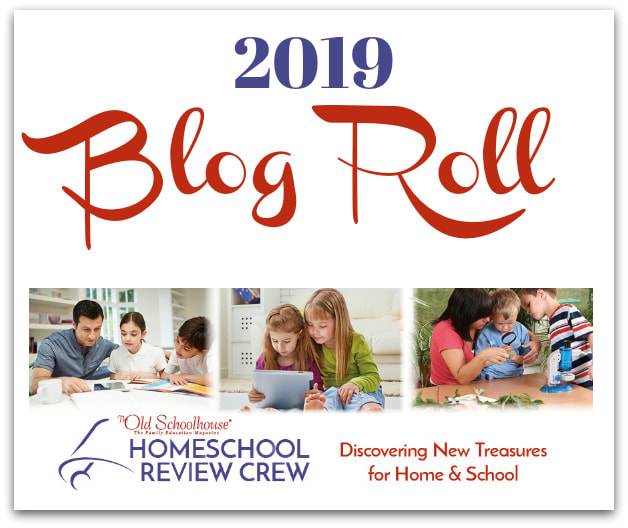 I remember so many times staring a test in college, thinking, "I know this! Why can't I remember?" Years later, I was homeschooling my own children and they had their own struggles with remembering information. Whether you are a college student or teaching a preschooler, learning should be a joyful experience. Wait! You're not experiencing joy in your learning journey? It's hard to remember things. Or your not enjoying your homeschool adventure because it's hard to teach your children so they remember things. This is for all of those who struggle to remember what they learn and for all the teachers who teach them. Here are some tips to help you learn to remember. They work for all ages, even homeschool moms. "Look to your left," the professor barked. We all look to our left. "Now look to your right!" We all looked to our right. "Half of you will fail this class." My first day of Human Anatomy and Physiology my sophomore year of college was off to a dismal start. I was paralyzed for a month with fear of failure. If you want to remember or help your students remember, start by setting yourself or your students up for success. Set Up for Success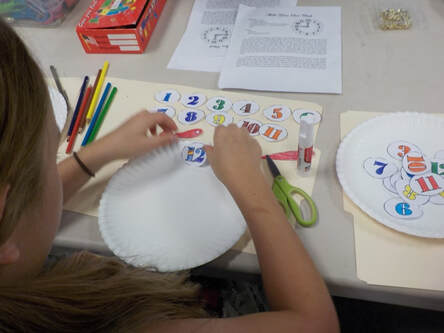 Set yourself or your student up for success by expressing confidence in your ability to learn whatever is before you! Nothing is impossible with God! We can do all things through Christ who gives us strength! Surround yourself with positive people who cheer you on and be a cheerleader to your students. Set yourself up for success by getting plenty of sleep, eating healthy foods, and exercising regularly. Good health makes learning easier. Setting yourself up for success also involves the environment. Choose a place to study with plenty of light and fairly quiet. Make sure you find a comfortable place to read and study. I like to read while I sit on a comfy couch or recliner. If I read in bed, I fall asleep. Light energizes me so if the weather is dark and cloudy, I turn on plenty of lights. What is your optimal environment? Your students'? When I am stressed out or frustrated, I have a hard time studying. If I'm trying to teach and feel stressed, my students are on edge, too. They cannot learn because they are too busy wondering what's wrong with me and what I am going to say. Sometimes when the children were little, I would become frustrated when they couldn't "get" something. I would have to take a break and get my joy back. One day I was trying every way possible to teach Julianna first, second, third. I was so angry that she couldn't understand all the creative ways I was trying to show her the concept. So we took a break. I said a quick prayer and immediately got an idea. We went into her bedroom where I lined all the stuffed animals up and pointed to each of the first three in line. "First, second, third," I said. She got it! Now, I thought all my other illustrations were more creative, but that's what clicked for her! Keep trying different methods until it clicks. When things get tense, take a break for five or ten minutes to calm down. Understanding Helps You Remember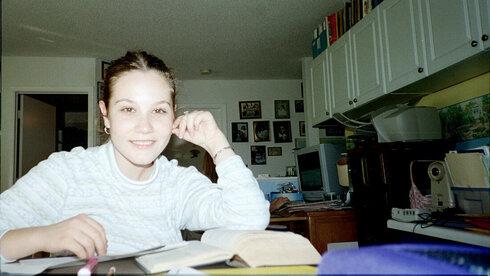 I was in an experimental math class in sixth and seventh grade where they were mixing all kinds of advanced math in with our grade level. I was getting As on all the tests, but felt completely lost. I hated math because I felt confused. Finally, I asked to be transferred to the "normal" class where I understood and learned to really enjoy math. I actually went back in math level, but felt so much confidence because I understood what was going on. When I was reading a textbook in high school or college and didn't understand it, I tried other resources. I asked professors to explain things to me. I talked to smarter students. I read different books on it. I just kept trying until something clicked. I realized that for me, if I could pass tests, but felt a little lost with the material, I was quick to forget all I had learned. Majoring in nursing it was important for me to remember what I was learning. Recently, I was asked to teach Apologia Human Anatomy, an advanced high school course, at co-op. Now, I have a BSN, a nursing degree, but it's been a long, long time. So, I read the chapter and then watched all kinds of YouTube videos. I found a channel by an RN who explained things perfectly for me. So between the textbook and the videos, I was able to remember and teach clearly. In order to help my students understand to remember, I use illustrations they can relate to like highways and road systems they were familiar with for the circulatory system and police officers for the immune system. Illustrating concepts or comparing concepts to other things helps students of all ages understand and remember. You can relate fractions to pizza and pie. This is especially helpful if there is a real pizza or pie so you can eat it afterward. Now, kids associate learning fractions with "delicious!". You can relate characters in a book to real-live people you or your students know. Models are wonderful to help yourself remember things and are worth the time. Making cell models with zippered sandwich bags and all kinds of candy representing the mitochondria, nucleus, and other parts of a cell really helps children and adults to "get it." To learn three branches of American government, you can cut out photos or news articles and glue them under the three headings. It helps to look at a current news story and define everyone's role and how that fits in with the branches of government. I like to add evaluating behavior to see if it lines up with the Constitution. Children's books are a super way to understand a difficult topic. I have been amazed at the depth to many children's books. Yet, hard-to-understand topics such as electricity or jet propulsion are explained in a simple-to-understand way. I often check children's books out of the library for myself. Acting things out in a silly way can help children understand confusing history situations. When we studied World War I, all the students became a country, those with kinds wore a crown, and some students were gathered together under an empire. Student whose countries were at war came to the center and pretended to push and shove each other. At the end, many countries lost their crowns. We walked through the Balkan Wars and World War I with this silly acting out, but afterward, several parents told me they finally understood World War I. They were able to make sense of a confusing time in history because they saw a visual representation. Using rhymes and music is a great way to remember things. "In 1492, Columbus sailed the ocean blue." We learned the state capitals with a cute little song. You can make up your own songs to learn things by changing the words to catchy tunes. Repetition is how we learned multiplication tables. We just filled out a chart a week for two years. No pressure to memorize. But after, two years, they had them memorized. Making it Personal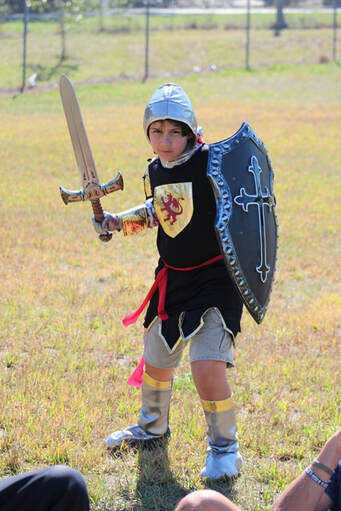 When something you are learning affects you personally, it makes all the difference in remembering that information later. When we studied how fat is absorbed out of the stomach into the lymph system and dumped back into the bloodstream near the heart, I asked the children if they had ever heard of something having hardening of the arteries or needing a triple bypass. We talked about various people they knew and then why it's so likely to cause problems near the heart. Because fat is dumped near the heart, it made so much sense to them whey arteries get clogged near the heart. When I'm teaching children to read, I remind them how fun reading is and how they will be able to read exciting stories all by themselves. They are not just "doing school," they are off on an adventure of learning that will benefit them. When I memorize Bible verses or passages, it is always because I need the truth to sink deeper into my heart or I need freedom in an area of my life. This helps me to place higher value on the work of memorization. The same with math. Finding the area of a circle will certainly come in handy if you want to carpet a round sun room in your house one day. Okay, that may be stretching it. As much as you can, figure out how learning what you are learning will benefit now and in the future. This helps so much with motivation which in turn makes us more likely to remember. Teach what you have learned to someone else! Passing on the information requires you to understand it well enough to explain it and help someone else learn. When we teach, we learn even more. Finally, learning is a privilege, not a burden. It's so exciting to learn new things each day. I hope that I will always be an enthusiastic lifelong learner because that is contagious! Until Next Time, Happy Homeschooling! Love, Meredith Curtis Resources
0 Comments
Leave a Reply. |
AuthorsMeredith Curtis Archives
February 2020
Categories
All
|
Powerline Productions
- Home
-
Books
-
Curriculum
- HIS Story of the 20th Century >
-
High School Courses
>
- Economics, Finances, & Business >
- American Literature & Research
- British Literature
- Who-Dun-It Murder Mystery
- Foundations of Western Literature
- Communication 101: Essays & Speeches
- Old Testament Survey
- Worldview: Understand the Times Workbook
- Drama
- Career Choices & the College Decision
- Real Men 101
- Real Men 102
- Real Men 103: Leadership
- God's Girls 101
- God's Girls 103
- God's Girls 104: Motherhood
- God's Girls 105: Homemaking
- Travel God's World Geography >
- Government
- Unit Studies >
- Teach History the Fun Way >
- Families Learn Together American History >
- STEM Notebooking Pages
- Middle School Courses >
-
Bible
- Cozy Mysteries
- Blog
Photos from cloudzilla, Fil.Al, vaniljapulla, m01229, Ian D. Keating, (Imagine) 2.0, Theo Crazzolara, RomitaGirl67, RomitaGirl67, Gonmi, moonlightbulb, RomitaGirl67, Amydeanne, Salva Martinez, Graham Ó Síodhacháin, Ruth and Dave, infomatique, MsSaraKelly, moonrat42, {Guerrilla Futures | Jason Tester}, Monica's Dad, kennethkonica, o palsson, Tourismusregion Katschberg, wuestenigel, COD Newsroom, ANBerlin, Henri Photography, Tourismusregion Katschberg, Corey Ann, *_*, diannlroy.com, Theo Crazzolara, DaPuglet, terren in Virginia, George M. Groutas, Bunches and Bits {Karina}, Anders Ruff Custom Designs, ¥§•ªˆ¨ˇ© LOVE © ˇ¨ˆª•§¥, srqpix, inkknife_2000 (8 million views +), judy dean, ANBerlin, Phil Roeder, Base Camp Baker, Anders Ruff Custom Designs

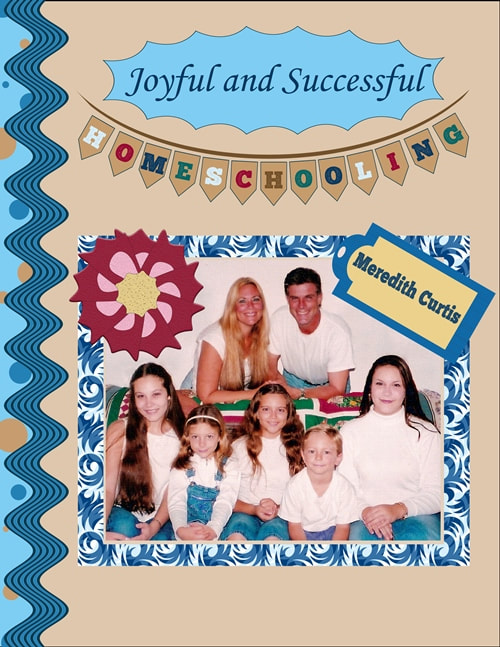
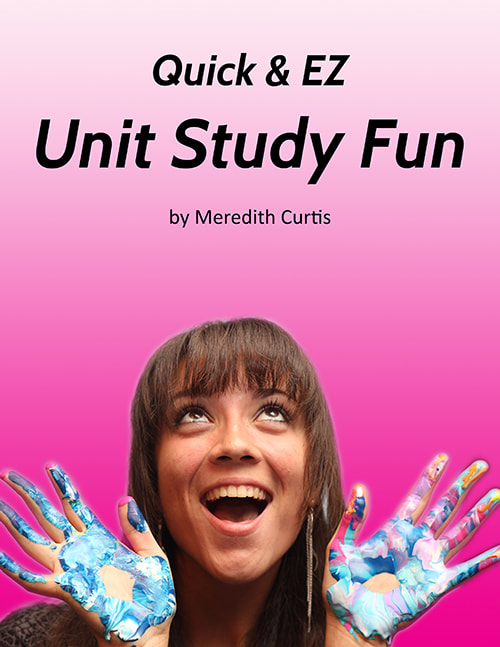
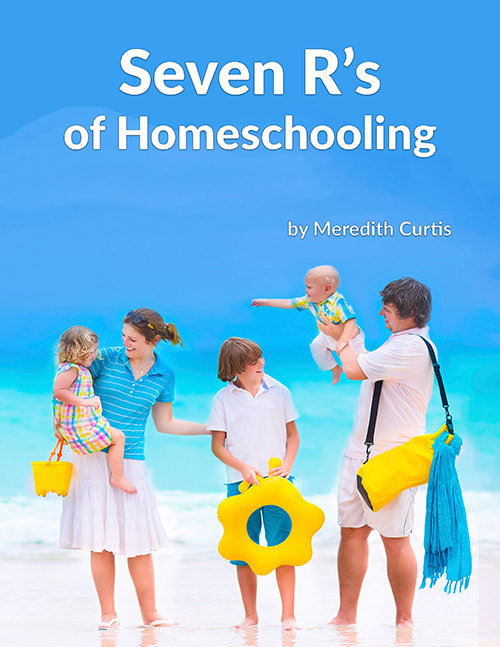
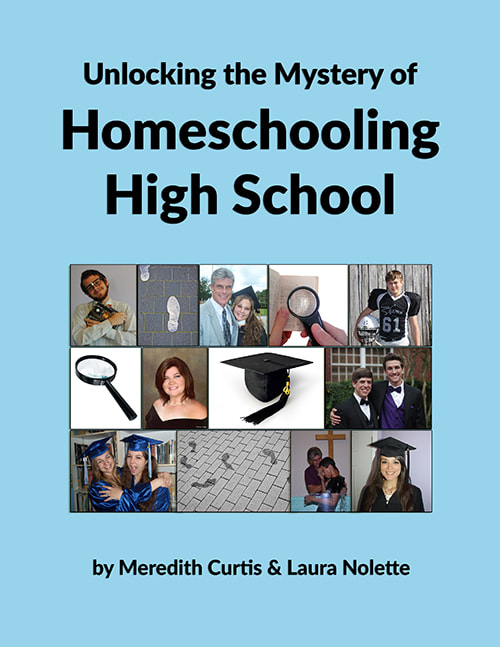
 RSS Feed
RSS Feed





